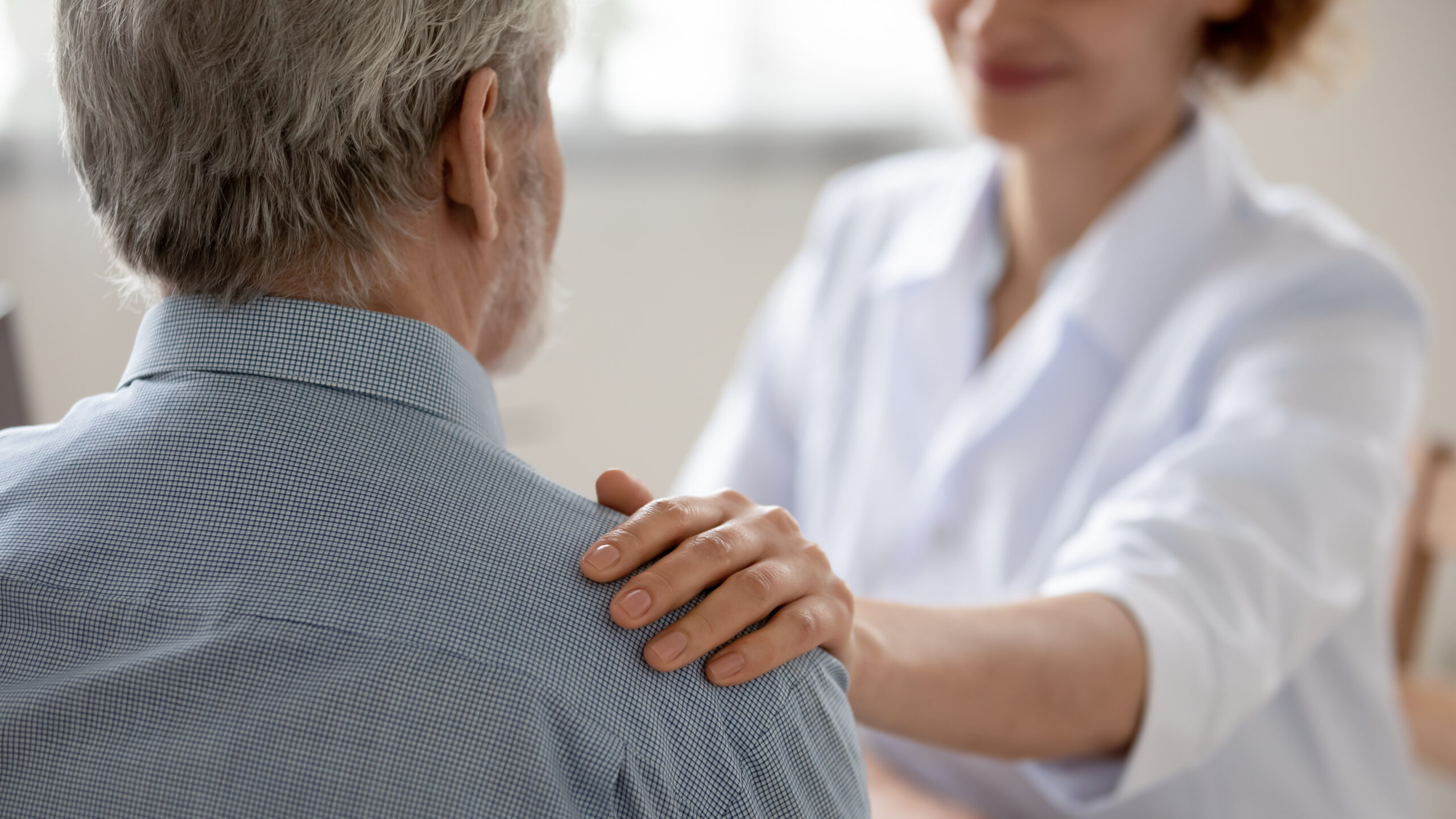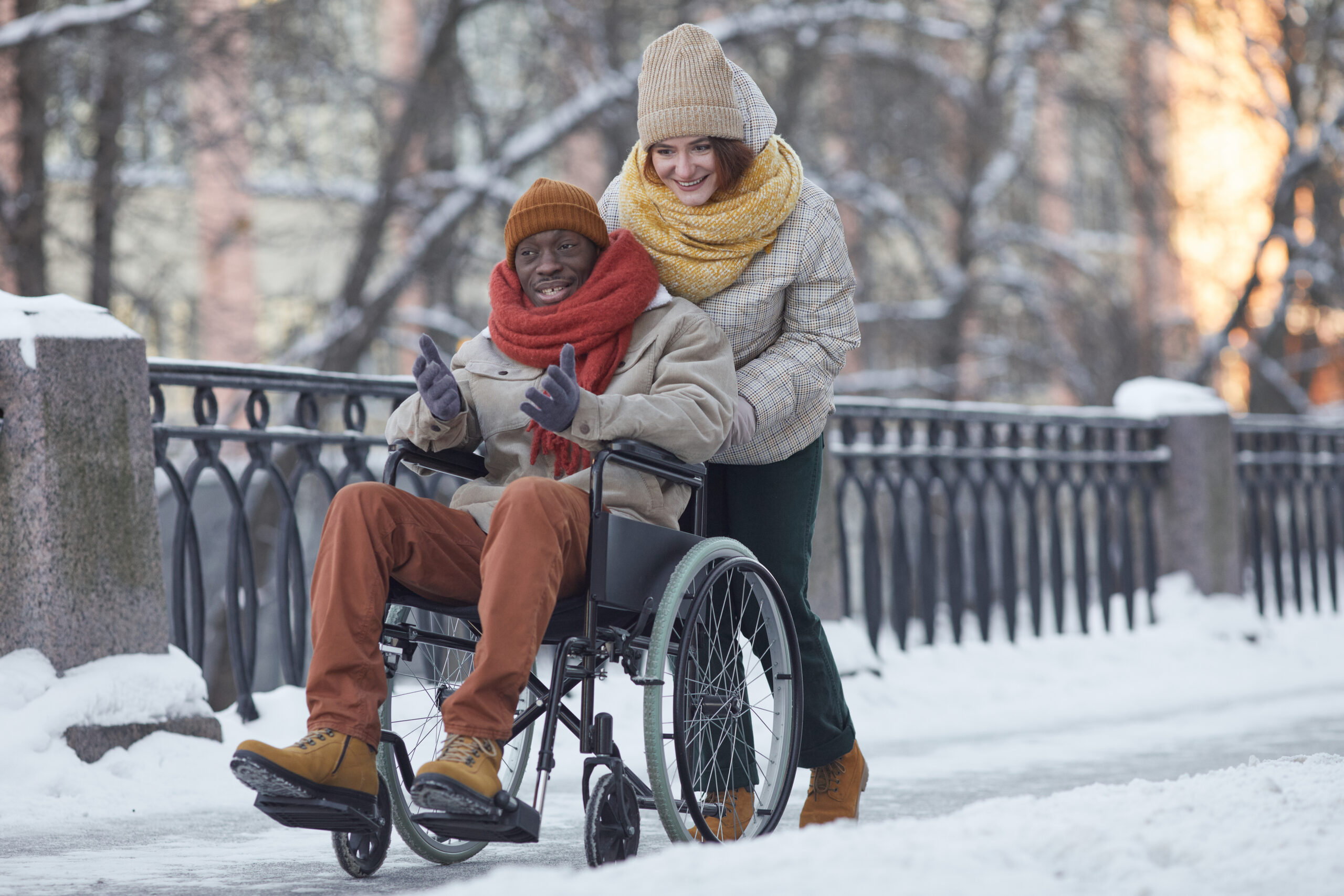Wounds generally heal slowly in seniors for a variety of reasons. For everyone, the immune system doesn’t function as well as we age, but then there are additional health conditions that also compromise the healing process, including diabetes, obesity, heart disease, and cancers.
One factor that seems to speed up the healing process though – whether it’s a pressure ulcer or a postsurgical wound – is an increase in protein in the diet.
Amsterdam Cares for Rehabilitation and Nursing explains how protein plays a big part in wound healing.
Protein Helps Reduce Inflammation
The longer the healing of a wound is in the inflammatory phase (the first phase of healing), the more difficult the healing process will be. Inadequate protein intake can prolong the inflammation stage and increase the possibility of the wound getting infected.
How Much Protein Should You Have Per Day?
Experts recommend that elderly patients have at least one gram of protein per one kilogram of body weight daily. If you need to convert kilograms into pounds, there are 2.2 pounds per kilogram, so divide your body weight in pounds by 2.2 to get your weight in kilograms.
Ways to Boost Protein Intake
If you’re not getting enough protein, tips to increase your intake include:
- Adding diced heat to soups and salads.
- Using milk or milk powder in scrambled eggs, mashed potatoes, and hot cereal.
- Choosing desserts that contain eggs, such as bread pudding, custard, and sponge cake.
Other high-protein foods that you may enjoy and incorporate into your daily meal or snack routine are nuts, beans, eggs, and chicken. And you also may want to take a protein supplement if you’re struggling to reach the desired amount.
To learn more about Amsterdam Cares for Rehabilitation and Nursing and all of the services they offer, visit https://amsterdamcares.org/.






